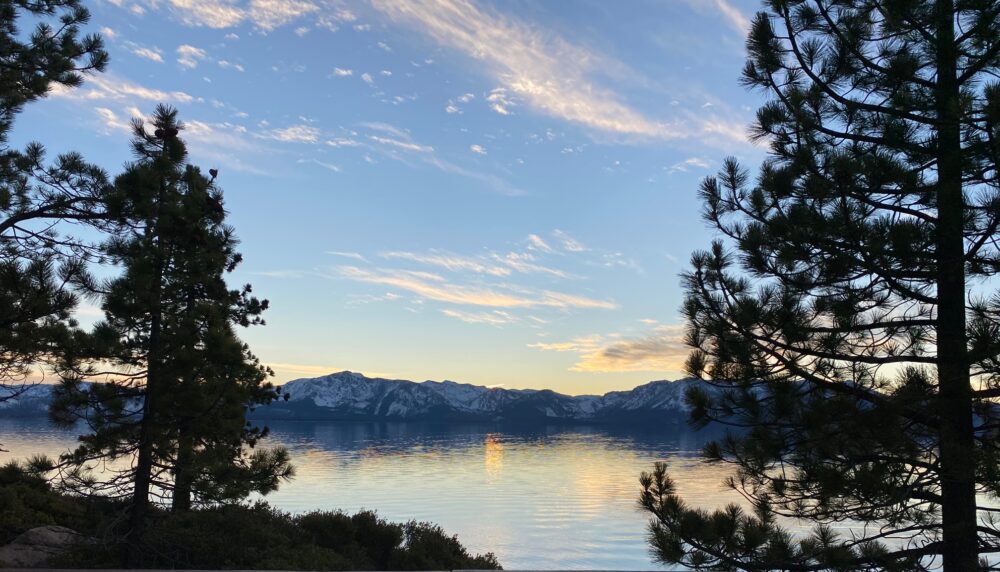Two years.
That’s the amount of time Paul waited in a Caesarean jail cell for his legal case to be acted upon by the governor.
Those two years pass in one sentence in Acts 24: ”When two years had elapsed, (governor) Felix was succeeded by Porcius Festus, and desiring to do the Jews a favor, Felix left Paul in prison.”
Two years.
In that time, Paul’s testifying about his court case and the charges against him morphed into regular opportunities to give witness to his faith through conversations with the governor. Further, he shared with all that would listen about “righteousness, self-control, and the coming judgment…”
And instead of getting bitter, wondering how God could forget him in Caesarea (after all, didn’t Paul have God’s promise that he would testify in Rome?), Paul used the challenging circumstances of prison to encourage others through letters that we now refer to as Ephesians, Philippians, and Colossians, to name a few.
Two years.
Paul saw it not as a waste of his time, but as an opportunity from the LORD.
I want you to know, brothers, that what has happened to me has really served to advance the gospel, so that it has become known throughout the whole imperial guard and to all the rest that my imprisonment is for Christ. And most of the brothers, having become confident in the Lord by my imprisonment, are much more bold to speak the word without fear. Philippians 1:12-14
Two years.
LORD, I pray you give us eyes to see our lives & circumstances, come what may, as God-given opportunities – & may Paul’s words from his jail cell ring in our ears: “Rejoice in the LORD always; again I will say, Rejoice!”
